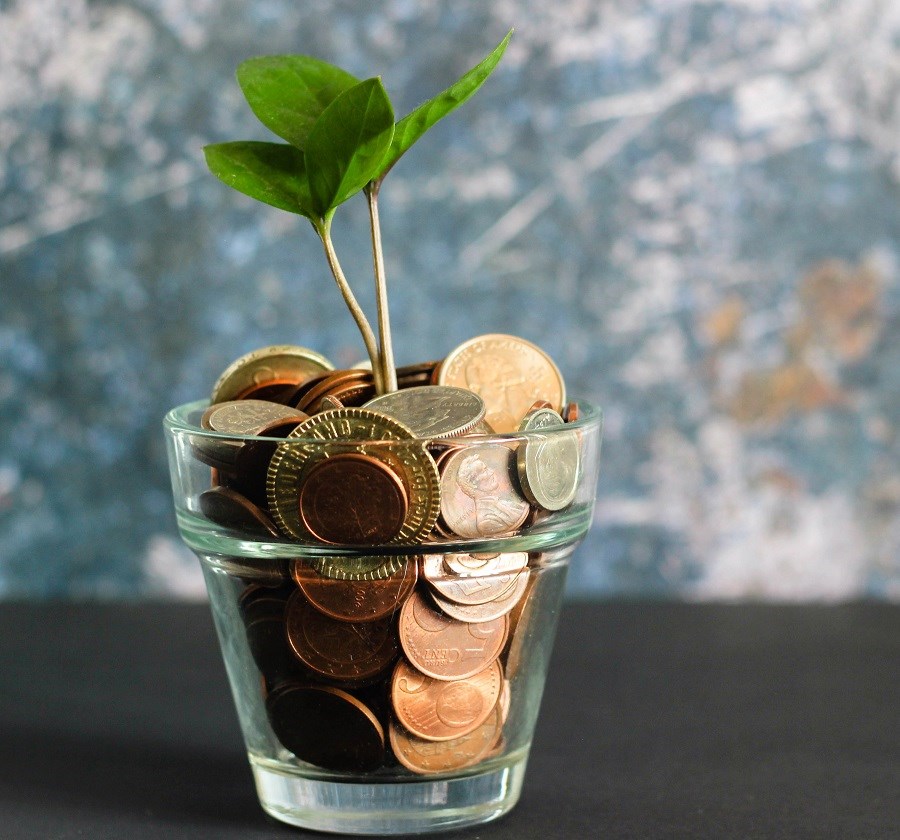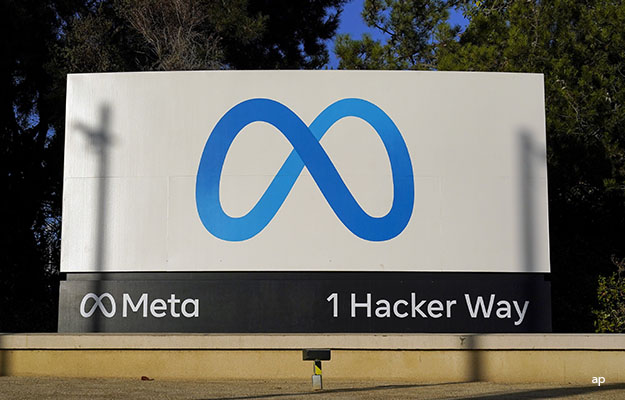
Trying to determine if markets are too bullish and pricing in an economic recovery, when facts such as high unemployment imply otherwise, is a mug’s game. Because there are so many factors at play, David Ragan, a quality-oriented stock picker would rather ignore the markets and focus on buying well-managed businesses at attractive prices.
“The market’s rapid rise is rather surprising and not what you would expect it to do during a time when businesses and people are suffering. The numbers are not good,” says Ragan, a director at Calgary-based Mawer Investment Management, and lead manager of the 5-star, $7.1 billion Mawer International Equity A.
Ragan, who shares duties with Peter Lampert and four other analysts, points to a recent New York Times story that says there are 125 coronavirus vaccines that are pre-clinical, 21 that are in phase one, 13 in phase two, eight in phase three and two that are approved for early limited use. “That’s only one of the ways the world can attack this virus. But it is surprising the way the market is reacting and looking past the problem,” says Ragan, adding that the massive amount of fiscal stimulus from governments around the world has contributed to the market’s bullish tone.
A One-Off Event
The pandemic is regarded as a one-off event. “If you take one year of profits away from a discounted cash flow model it does not make a big impact on the true value of a company, especially when discount rates are so low,” says Ragan, referring to the razor-thin interest rates that central banks have been using to restore confidence, adding that “Stimulus and free money is a powerful thing.”
Intriguingly, when markets crashed last spring, Ragan and his 6-person team made very few changes to the 55-name portfolio. “We are very open in that we don’t know how the world will unfold,” says Ragan, a Calgary native who joined Mawer in 2004 after he earned a Bachelor of Commerce at University of Calgary. “So you better have a portfolio that will be resilient in these uncertain times. That’s what we try to do. We don’t like companies with high levels of debt and we had already trimmed those materially—before COVID-19 happened,” says Ragan, referring to multi-national brewer AB InBev and Indian crop chemicals producer UPL Ltd. (UPL), “A lot of market participants hounded company managements to increase leverage or buy back shares. That changed when COVID-19 hit. In our view, that [excessive leverage] is not a good long-term solution.”
A risk-averse approach explains why the fund has performed ahead of the International Equity category. Year-to-date (September 11), the fund had returned 5.87%, versus -2.93% for the median fund. On a 3- and 5-year basis, it averaged 8.12% and 8.11%, versus the median fund which averaged 3.75% and 4.77% respectively.
From a strategic viewpoint, Ragan argues the key lies in aligning themselves with strong companies that earn a high return on capital and reinvest their profits in the businesses. “You have a smart management team that doesn’t introduce too much debt and thinks long term and not one of those management teams that think short-term and ‘how can we make earnings-per-share look good?’ And then we don’t pay too much for that investment,” says Ragan, adding that a strong dose of skepticism is vital in building a portfolio.
Favourite Names
From a sector perspective, industrials comprise the largest weighting, at 21.9%, followed by 16.3% financial services, 12.8% consumer staples and 7.3% healthcare.
One favourite name is Wolters Kluwer (WKL), an Amsterdam-based publisher of accounting and tax rulings. “They have gone from the hard copy books that accountant and lawyer had to have to run their business to an online business. It’s a very ‘sticky’ business. Even if business drops somewhat, as long as your service is active you still pay that subscription fee. And, for the company, providing software is easier and cheaper than providing books. There is a lot more ‘scalability’ in their service.”
The company’s return on equity has in the past five years gone from the teens to slightly above 30%. “There are fundamentals backing the strong appreciation in the stock,” says Ragan, adding that it is trading at 23 times 2021 earnings. “The valuation is a little higher than the market. But the market is high, given that the risk-free rate is so low.” Currently, the risk-free rate is about 1%, notes Ragan, which is quite low compared to the average internal rate of return of 5-8% for most companies.
Another top holding is Bunzl (BNZL), a London, England-based provider of bags, cleaning supplies and packaging for a wide variety of customers in the healthcare, food service, retail and grocery industries. Close to 60% of their trade is in North America, with the rest split between Britain, Europe and Asia. COVID-19 has had an impact on some of its business, admits Ragan. “But cleaning and hygiene businesses are higher. Providing masks and gloves are higher. And whenever this situation gets back to normal, it’s still the same good core business.”
“They keep growing and acquiring smaller entities,” says Ragan. “The company is confident that they can acquire other players and roll them into their business. They generate a lot of cash,” says Ragan, adding that the debt level is about two times earnings before interest, taxes, depreciation and amortization. “That’s a reasonable number especially for a business that’s very stable.” Acquired two years ago, the stock is now trading at 19 times 2021 earnings.
Looking ahead, Ragan argues that the fear of another downturn does not weigh on him. “Every day we are a day closer to a crisis. I just have no idea when that will happen. That’s why I want to build a portfolio that keeps up in good markets and will be there to protect unit-holders when markets turn down.”
How Exposed Is Your Equity?
Get The Global Makeup Of Equity Indexes With Our Free Tool Here






















